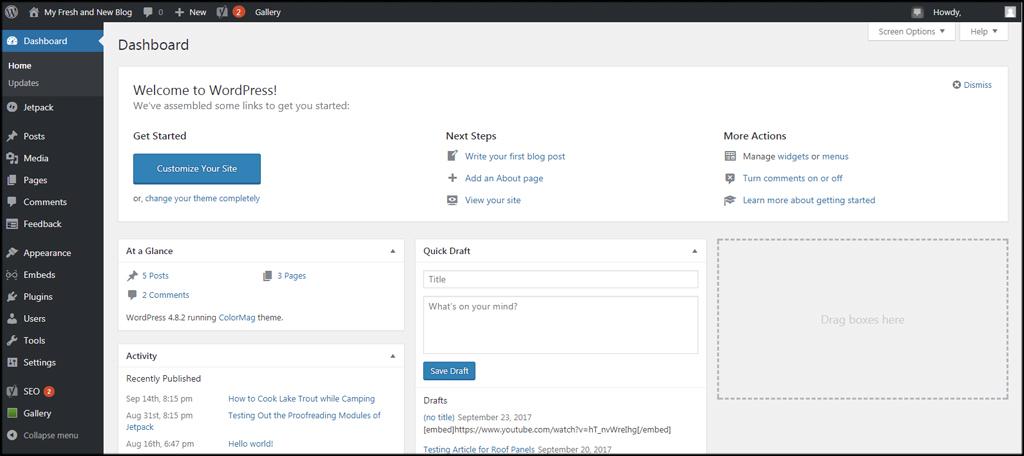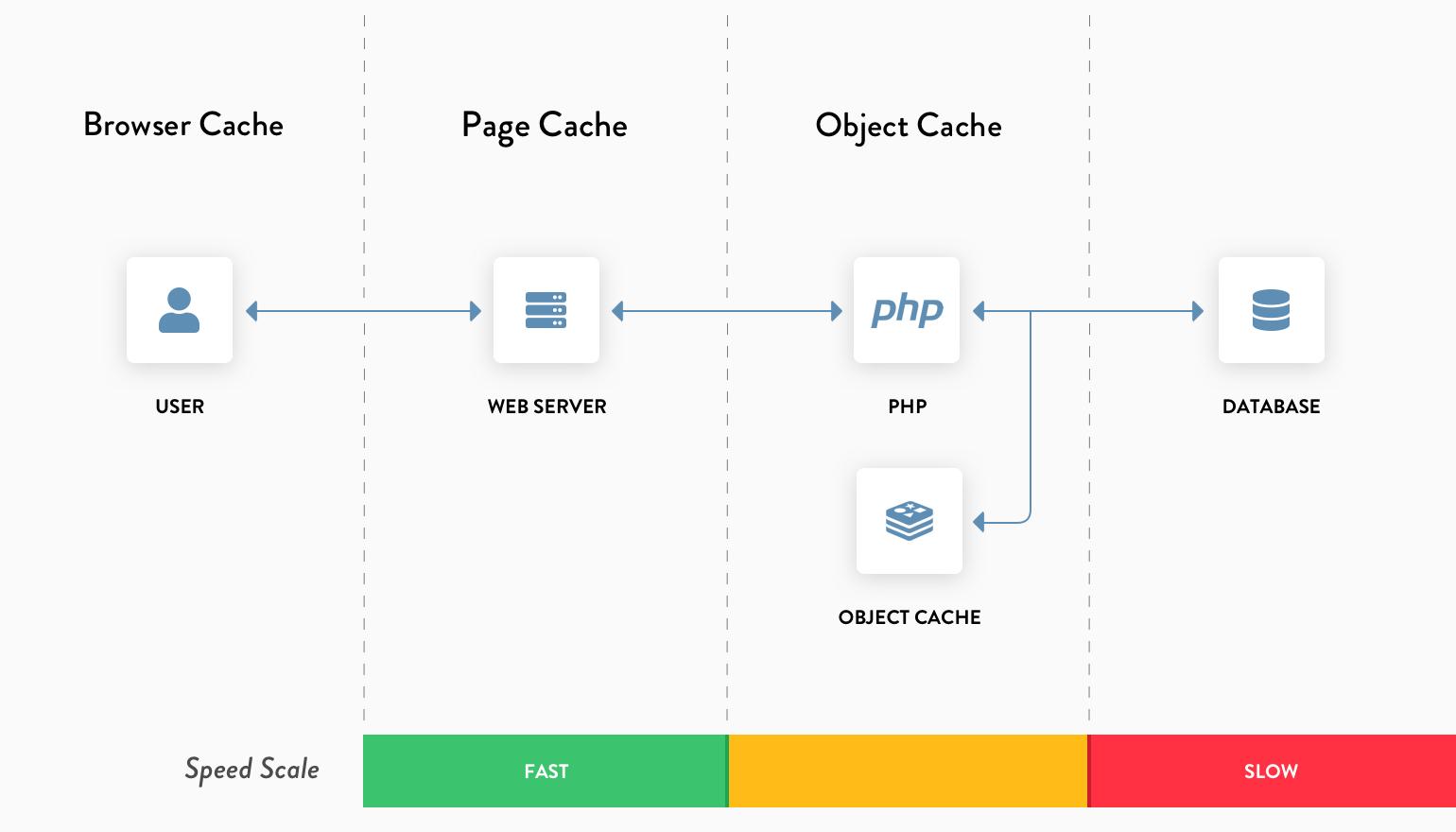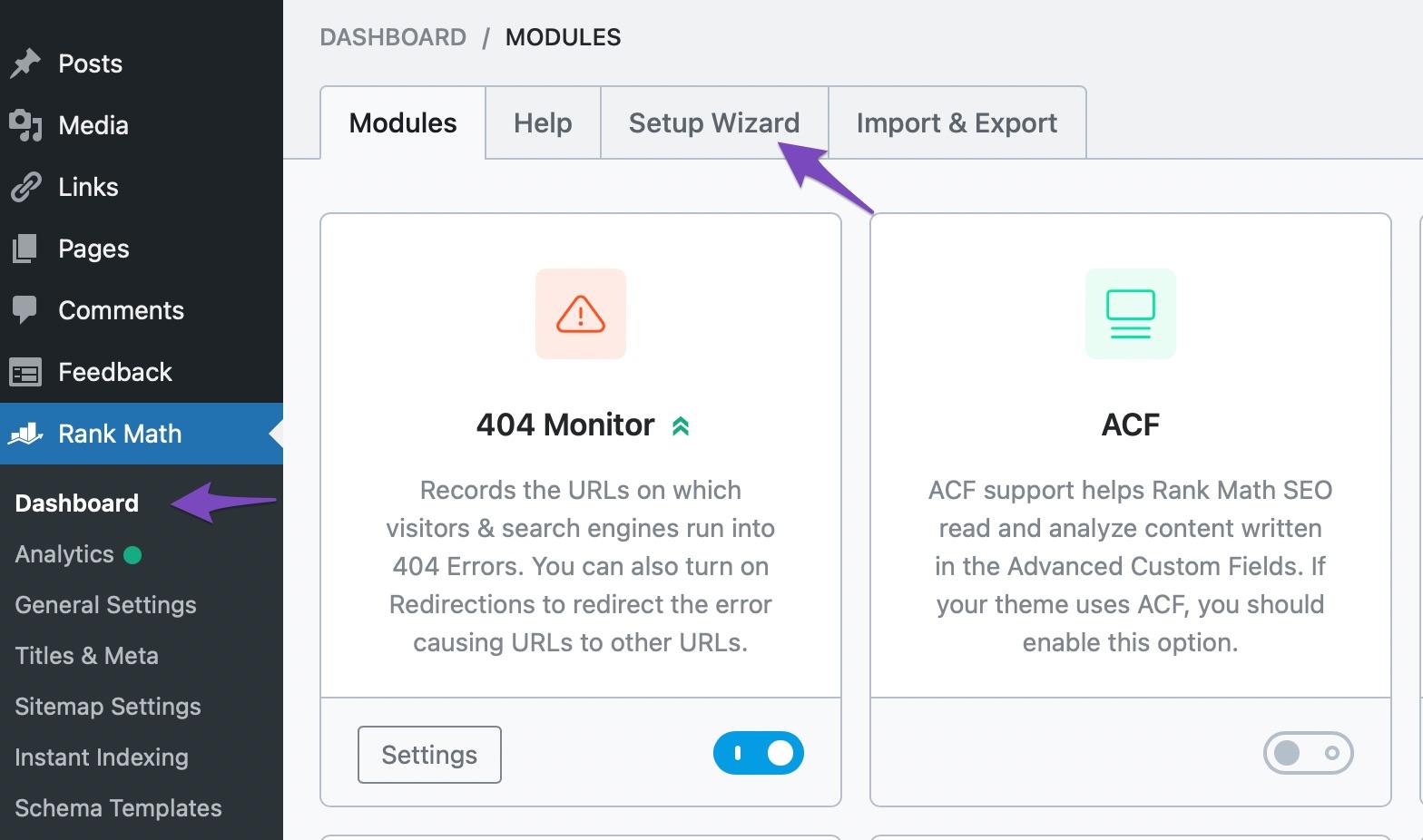
In the ever-evolving world of digital marketing, mastering SEO is more crucial than ever, especially if you’re running a WordPress website. With countless plugins available, two names consistently rise to the top: All in One SEO and Yoast SEO. Each comes packed with powerful features and loyal users, but which one truly reigns supreme? Whether you’re a seasoned pro looking to optimize your site further or a curious newbie just starting, this article will dive deep into the ultimate showdown between these two giants. We’ll explore their strengths, weaknesses, and unique features to help you make an informed decision. So, grab a cup of coffee, sit back, and let’s unravel the battle of All in One SEO vs. Yoast together!
Understanding the Basics of All in One SEO and Yoast
When diving into the realm of WordPress SEO plugins, two names consistently rise to the forefront: All in One SEO (AIOSEO) and Yoast SEO. Both are designed to help website owners optimize their content for search engines, but they approach the task with different philosophies and features.
All in One SEO is renowned for its user-friendly interface, making it a great choice for beginners. It simplifies the SEO process by offering a setup wizard that guides you through the initial configuration. This plugin provides essential features such as:
- Automatic meta tag generation
- XML sitemap support
- Social media integration
- Advanced canonical URLs
On the flip side, Yoast SEO is often favored by more experienced users for its comprehensive analysis tools and more granular control over SEO settings. It offers a robust set of features including:
- Readability analysis
- Focus keyword optimization
- Internal linking suggestions
- Content insights
One significant factor to consider is the way these plugins handle on-page SEO. AIOSEO focuses on a more straightforward approach, allowing users to manage titles and meta descriptions without overwhelming them with options. Yoast, however, provides detailed feedback as you write, suggesting how to improve your content’s SEO in real time.
Another point of comparison is the support and resources provided by each plugin. AIOSEO offers a well-documented knowledge base and responsive customer support, which can be invaluable for those new to SEO. Conversely, Yoast has a vast amount of educational material, including articles and videos that break down complex concepts into digestible content.
| Feature | All in One SEO | Yoast SEO |
|---|---|---|
| User Interface | Beginner-friendly | Detailed and comprehensive |
| Setup Process | Simple setup wizard | Guided but detailed |
| Real-time Content Analysis | No | Yes |
| Readability Check | No | Yes |
| Support Resources | Responsive support | Extensive online resources |
Ultimately, the choice between All in One SEO and Yoast SEO often comes down to personal preference and specific needs. For those who appreciate simplicity and ease of use, AIOSEO might be the optimal choice. However, if you’re looking for in-depth analysis and insights to fine-tune your content, Yoast SEO could be the better fit. Understanding the core features and benefits of each plugin will empower you to make an informed decision tailored to your WordPress SEO strategy.
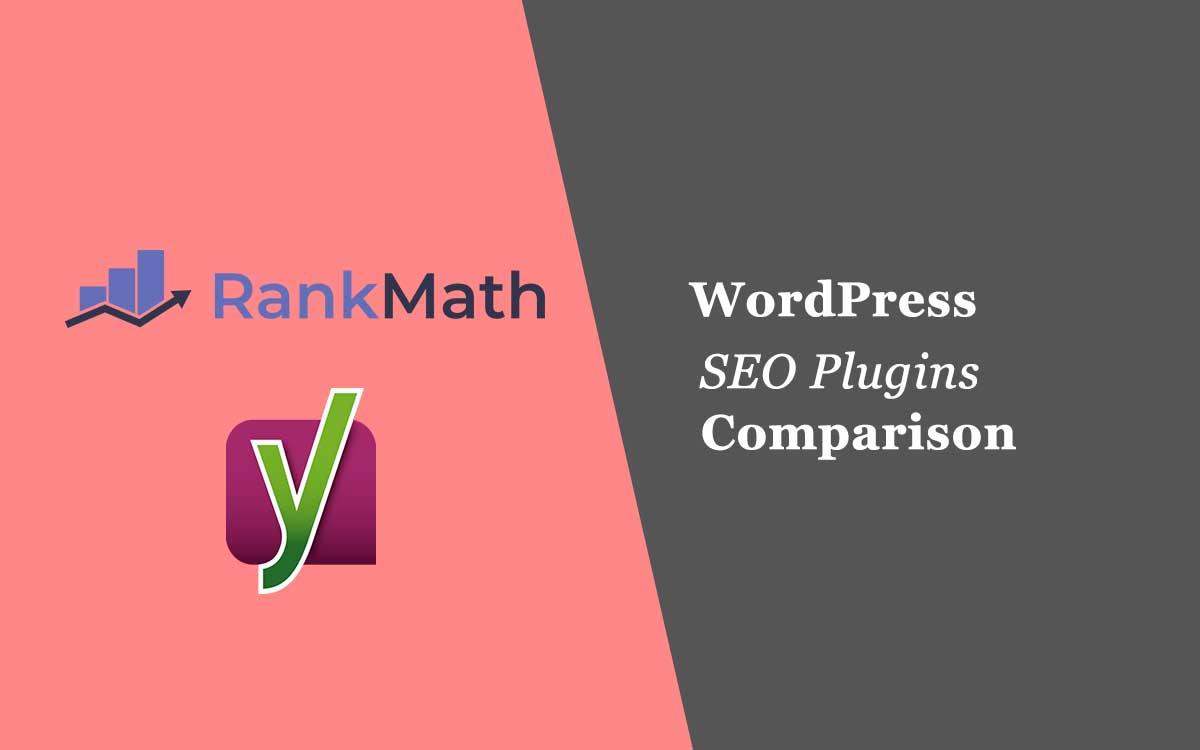
Key Features That Set Them Apart
When it comes to optimizing your WordPress site for search engines, both All in One SEO and Yoast have carved out a significant niche. However, they bring distinct features to the table that can cater to different user needs and preferences.
- User Interface: All in One SEO offers a more straightforward, less cluttered interface, making it incredibly user-friendly, especially for beginners. Yoast, on the other hand, provides detailed analysis tools and suggestions that some may find overwhelming but invaluable for making nuanced SEO decisions.
- SEO Analysis: Yoast shines with its real-time content analysis, offering immediate feedback on keyword usage, readability, and other crucial SEO elements. All in One SEO simplifies this process with its recommendations but lacks the depth of Yoast’s analysis.
- Social Media Integration: All in One SEO excels in social media integration, providing specific features like Open Graph tags and Twitter Card support right out of the box. Yoast does include social media settings, but they are more of an add-on than a focus.
Another remarkable difference lies in their XML Sitemap generation. Both plugins generate XML sitemaps, but All in One SEO offers more customization options, allowing you to decide which content types to include or exclude from the sitemap. Yoast’s sitemaps are automatically generated without much customization, which suits those looking for a more hands-off approach.
| Feature | All in One SEO | Yoast SEO |
|---|---|---|
| User Interface | Simple and Clean | Comprehensive and Detailed |
| SEO Analysis | Basic Recommendations | In-Depth Feedback |
| Social Media Tools | Integrated Features | Basic Options |
| XML Sitemaps | Highly Customizable | Automatically Generated |
Custom Roles and Permissions is another area where All in One SEO stands out. It allows site owners to define different permission levels for various user roles, ensuring that only the right individuals can make significant changes to SEO settings. This feature is particularly beneficial for larger teams or agencies managing multiple clients.
Lastly, let’s not forget about Support and Documentation. Both plugins provide documentation, but All in One SEO offers premium support options for users who require immediate assistance, while Yoast has a vast community-driven support forum.
Ultimately, the choice between All in One SEO and Yoast may come down to your specific needs and level of expertise. Both plugins provide essential features to enhance your SEO strategy, but their unique offerings can significantly impact how you manage your website’s visibility.

User Experience: Which Plugin is Easier to Navigate
When it comes to navigating through SEO plugins, user experience can make or break your effectiveness in optimizing your site. Both All in One SEO and Yoast have made significant strides in this area, but they each have unique features that cater to different preferences.
Yoast SEO offers a user-friendly interface that many find intuitive. The configuration wizard guides you through the setup process, ensuring you don’t miss any critical settings. Users appreciate the clarity of its dashboard, which includes:
- Traffic Light System: Easy-to-understand indicators that show how well your content is optimized.
- Content Analysis: Real-time feedback as you write, helping you make immediate adjustments.
- Snippet Preview: A visual representation of how your post will appear in search results.
On the other hand, All in One SEO prides itself on simplicity. Its layout is clean and minimalistic, which appeals to those who prefer a no-frills approach. Here are some notable aspects of its navigation:
- Straightforward Menus: Key features are easily accessible without overwhelming complexity.
- Quick Configuration: An easy setup wizard that aids in configuring essential settings quickly.
- Integrated Help Sections: Contextual help buttons guide you through more advanced features without disrupting your workflow.
When comparing the two, it boils down to your personal preference. If you thrive on detailed analytics and feedback, Yoast might be your go-to choice. However, if you favor a more streamlined experience with essential features at your fingertips, All in One SEO could be the winner.
| Feature | Yoast SEO | All in One SEO |
|---|---|---|
| User Interface | Intuitive with detailed feedback | Minimalistic and straightforward |
| Configuration Wizard | In-depth guidance | Quick and easy |
| Content Analysis | Real-time optimization tips | Basic but effective |
| Help Resources | Comprehensive guides | Contextual assistance |
Ultimately, both plugins have their strengths and weaknesses in terms of navigation. Your choice should depend on what kind of user experience you prioritize: is it detailed insights and analytics, or a clean, uncomplicated interface? Test both to see which aligns better with your workflow and enhances your SEO efforts.

Performance Analysis: Speed and Site Impact
When it comes to choosing an SEO plugin for your WordPress site, performance is a critical factor that can significantly influence user experience and search engine rankings. Both All in One SEO and Yoast have carved their niches, but how do they stack up in terms of speed and overall site impact? Let’s dive into the specifics.
One of the first things to consider is how each plugin affects page load times. A fast-loading website is not just about aesthetics; it’s essential for retaining visitors. All in One SEO is designed with performance in mind, ensuring minimal impact on load times. Users have reported quicker speeds when using this plugin, primarily because it integrates seamlessly with WordPress and employs efficient coding practices.
On the other hand, Yoast SEO has a reputation for being slightly heavier due to its rich feature set. While it offers a multitude of functionalities—like readability analysis and content insights—these features can add to the overall loading times. When you install Yoast, you may notice a minor lag, especially if your site is already resource-intensive.
To better illustrate the differences, here’s a quick comparison of load times based on user experiences:
| SEO Plugin | Average Load Time Impact |
|---|---|
| All in One SEO | Minimal (under 0.1 seconds) |
| Yoast SEO | Moderate (up to 0.3 seconds) |
Beyond load times, it’s essential to evaluate how each plugin handles resource usage. All in One SEO is often praised for its lightweight nature, which makes it an ideal choice for those who prioritize speed and efficiency. Users often find that their sites run smoother and more efficiently when this plugin is active.
Conversely, Yoast may require more server resources, which can become problematic for users on shared hosting plans or those managing larger sites with extensive databases. If your website is highly trafficked or contains complex elements, the added overhead of Yoast can lead to slowdowns.
Ultimately, while both plugins offer valuable SEO features, your choice may come down to how much you value speed versus functionality. If you’re leaning towards a more streamlined experience that prioritizes site performance, All in One SEO may be the better option. However, if you desire in-depth analysis and a robust feature set, you might be willing to sacrifice a bit of speed with Yoast.
When deciding which plugin to go with, consider conducting your own load time tests after installation. Tools like GTmetrix or Google PageSpeed Insights can provide insights into how each plugin affects your site’s speed. In the battle for SEO supremacy, every millisecond counts!
SEO Tools Comparison: What Each Plugin Offers
When it comes to optimizing your WordPress site for search engines, two names dominate the conversation: All in One SEO and Yoast. Each of these plugins has carved a unique niche in the SEO landscape, offering a plethora of features designed to boost your site’s visibility and performance. Let’s dive into what each plugin brings to the table.
All in One SEO Features
All in One SEO is celebrated for its user-friendly interface and robust feature set that appeals to both beginners and seasoned webmasters. Some of the standout offerings include:
- Easy Setup Wizard: Perfect for newcomers, this feature guides you through the initial setup process step-by-step.
- XML Sitemap Generation: Automatically generates sitemaps to help search engines discover and index your content quickly.
- Social Media Integration: It allows for easy integration with social media platforms, enhancing the way your content is shared and perceived.
- Rich Snippets Support: This feature helps you get noticed in search results by enabling structured data markup.
- Redirect Manager: Easily handle redirects to avoid broken links and improve user experience.
Yoast SEO Features
Yoast SEO has gained a reputation for its comprehensive approach to optimizing content. This plugin offers an extensive range of features that help you refine your strategy:
- Content Analysis Tool: Provides real-time feedback on your content’s SEO quality, focusing on keyword usage and readability.
- Focus Keyword Optimization: Allows you to set a focus keyword and analyzes your content against it.
- Internal Linking Suggestions: Suggests relevant internal links to enhance content connectivity and improve site structure.
- Redirects and 404 Monitoring: Tracks broken links and offers easy fixes to maintain site health.
- Breadcrumbs Navigation: Adds breadcrumbs to improve user navigation and SEO performance.
Feature Comparison Table
| Feature | All in One SEO | Yoast SEO |
|---|---|---|
| Setup Wizard | Yes | No |
| XML Sitemap | Automatic | Automatic |
| Content Analysis | No | Yes |
| Focus Keyword Support | Basic | Advanced |
| Social Media Integration | Yes | Yes |
Ultimately, your choice may boil down to specific needs and preferences. If you appreciate a straightforward approach with essential features, All in One SEO might be your best bet. However, if you’re looking for in-depth content optimization tools and comprehensive support, Yoast SEO could provide the edge you need in the competitive SEO landscape.

Content Optimization: How They Help You Rank Better
When it comes to enhancing your website’s visibility and boosting your search engine rankings, content optimization is a crucial piece of the puzzle. Both All in One SEO and Yoast offer powerful tools to ensure your content is not just engaging but also tailored for maximum discoverability. Let’s dive into how these plugins can elevate your content strategy.
Keyword Optimization: One of the main features you’ll find in both plugins is the ability to seamlessly integrate keywords into your content. All in One SEO provides comprehensive keyword suggestions, allowing you to find the right terms with high search potential. Similarly, Yoast helps you optimize your content through its analysis feature, checking that your focus keywords are strategically placed throughout your post.
Readability Analysis: A well-optimized post isn’t just about keywords; it’s also about readability. Yoast’s readability analysis tool evaluates your writing style, sentence length, and paragraph structure, making it easier for readers to digest your content. All in One SEO also offers readability suggestions, ensuring your content is accessible to a wider audience.
Meta Tags and Descriptions: Both plugins allow you to create compelling meta titles and descriptions that entice users to click through from search results. By optimizing these elements, you can significantly increase your click-through rate (CTR). It’s essential to craft unique and relevant meta descriptions that not only contain keywords but also engage your audience.
Image Optimization: Images play a pivotal role in content engagement, and both plugins provide features to optimize images for SEO. All in One SEO allows you to set alt texts and descriptions easily, while Yoast offers suggestions for optimizing images to enhance load times and improve SEO performance. Remember, search engines can’t interpret images, so providing context through optimization is key.
Internal Linking Suggestions: Strengthening your website’s structure is essential for both users and search engines. Yoast provides internal linking suggestions to help you create a web of relevant content that guides readers through your site. All in One SEO also features internal linking capabilities, allowing you to strategically connect your posts for better navigation and higher rankings.
Structured Data Implementation: Another critical factor in content optimization is structured data. Both plugins offer options to help you implement schema markup on your pages. This markup helps search engines better understand your content, potentially leading to rich snippets that can significantly improve your visibility in search results.
| Feature | All in One SEO | Yoast |
|---|---|---|
| Keyword Optimization | Yes, with suggestions | Yes, with analysis |
| Readability Analysis | Yes | Yes |
| Meta Descriptions | Customizable | Customizable |
| Image Optimization | Yes | Yes |
| Internal Linking | Yes | Yes, with suggestions |
| Structured Data | Yes | Yes |
the power of content optimization through these plugins cannot be overstated. By utilizing the features offered by All in One SEO and Yoast, you can ensure that your content is not only rich and engaging but also tailored for superior ranking potential. The right optimization strategies can propel your website to the top of search results, giving your audience the valuable information they seek.
Integration with WordPress: A Seamless Experience
When it comes to optimizing your WordPress site for search engines, the integration of your chosen SEO plugin plays a critical role in ensuring a smooth and efficient experience. Both All in One SEO and Yoast SEO offer seamless integration with WordPress, but they do approach this integration in slightly different manners, each with its own set of strengths.
All in One SEO embraces a user-friendly interface that allows for quick configuration. Once installed, the plugin seamlessly blends with your WordPress dashboard, providing easy access to all necessary features without overwhelming users. Its intuitive setup wizard guides you through the initial configuration, ensuring you don’t miss critical settings that could impact your site’s visibility.
On the other hand, Yoast SEO is renowned for its comprehensive features that extend beyond basic SEO functionalities. Its integration goes beyond just settings—Yoast provides real-time feedback on your content as you write, enabling you to optimize on-the-fly. This means you can see suggestions for improving readability and SEO right within the WordPress editor, making it an invaluable tool for content creators.
When it comes to schema markup, both plugins offer support for structured data. However, All in One SEO simplifies this process by auto-generating schema markup based on your content, which is particularly useful for those new to SEO. Yoast, on the other hand, offers more detailed control for those who want to fine-tune their schema settings for specific types of content, such as recipes or articles.
| Feature | All in One SEO | Yoast SEO |
|---|---|---|
| User Interface | Simple and intuitive | Feature-rich with a learning curve |
| Configuration Wizard | Yes, easy setup | No, manual setup |
| Real-time Content Analysis | No | Yes, excellent for optimization |
| Schema Markup | Automatic generation | Detailed control |
Both plugins support social media integration, which is crucial for driving traffic and improving brand visibility. All in One SEO allows users to configure social media metadata effortlessly, ensuring your content looks great when shared on platforms like Facebook and Twitter. Similarly, Yoast offers robust social integration features, including the ability to customize how your posts appear on social networks, giving users the flexibility to enhance their social media strategy.
In terms of performance, both plugins are optimized for speed, ensuring that your website stays responsive and user-friendly. However, if you’re concerned about site bloat, All in One SEO is often praised for its lightweight architecture, making it a strong contender for those who prioritize minimalism and efficiency.
Ultimately, your choice may come down to your specific needs and preferences. If you’re looking for a plugin that gets the job done without fuss, the straightforward approach of All in One SEO might be what you need. Conversely, if you’re a content creator who values detailed insights and real-time suggestions, you might find Yoast SEO to be the perfect companion for your WordPress site.
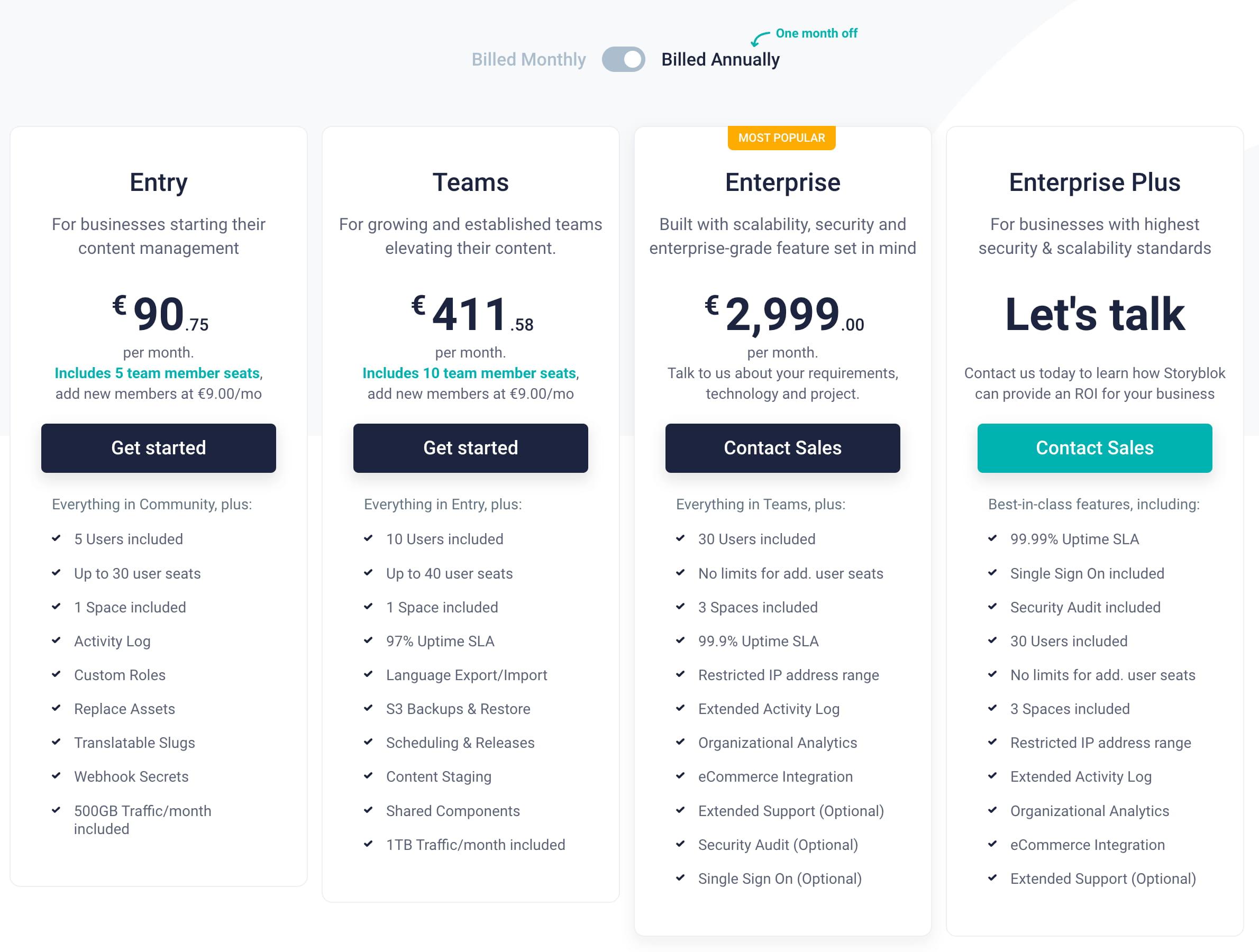
Pricing Plans: Value for Money Insights
When it comes to choosing between All in One SEO and Yoast, pricing is a significant consideration. Both plugins offer a variety of plans that cater to different needs, but assessing what each plan delivers is crucial for getting the best bang for your buck.
All in One SEO offers a straightforward pricing structure:
- Free Version: Basic features for beginners.
- Pro Plan: $49/year for 1 site - includes advanced features like video SEO and local SEO modules.
- Business Plan: $99/year for 3 sites – adds premium support and additional features.
- Agency Plan: $199/year for 10 sites – designed for larger operations with comprehensive features.
On the flip side, Yoast presents a more tiered pricing model:
- Free Version: Good for basic SEO functionalities but lacks advanced tools.
- Single Plan: €99/year for 1 site - includes premium features like redirect management and internal linking suggestions.
- Multiple Sites Plan: €199/year for up to 5 sites – offers more flexibility for growing businesses.
- Agency Plan: €399/year for up to 10 sites – ideal for web developers or agencies with extensive needs.
| Feature | All in One SEO | Yoast |
|---|---|---|
| Pricing (Single Site) | $49/year | €99/year |
| Redirect Management | Premium Only | Included in Premium |
| Video SEO | Included in Pro | No |
| Support | Yes, with Pro | Yes, with Premium |
When evaluating these options, it’s essential to consider not just the price, but also the value derived from the features included in each plan. All in One SEO’s tailored modules for specific needs may justify the cost for some users, while Yoast’s robust support and redirect features may be worth the extra euros for others.
Ultimately, choosing the right plugin depends on your unique requirements and budget. Assess what features are essential for your SEO strategy and how much you’re willing to invest. The right choice can lead to significant improvements in your website’s visibility and traffic, making it a worthwhile investment.
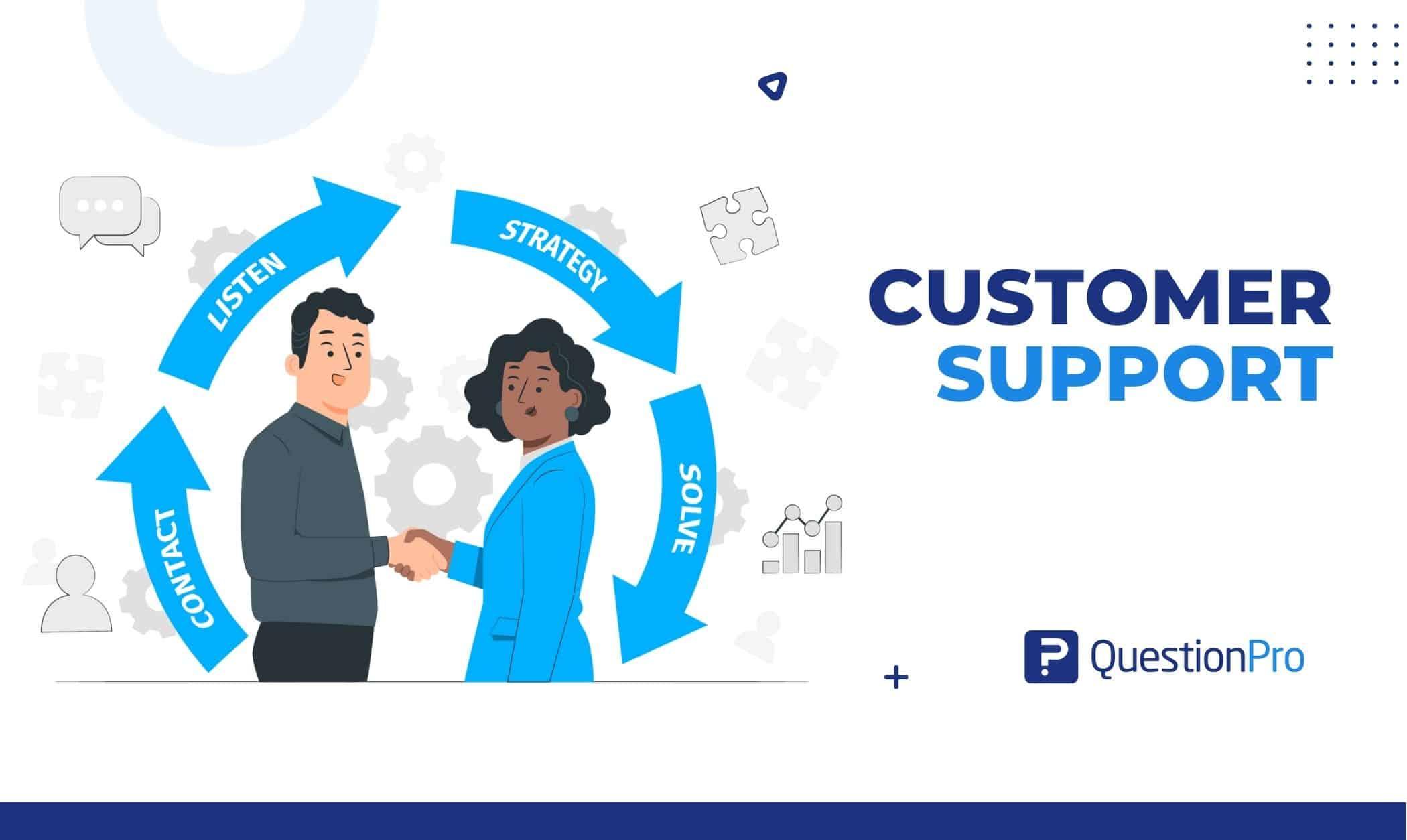
Customer Support and Community Resources
When choosing between All in One SEO and Yoast, it’s crucial to consider not just the features, but also the support and community resources available to you. Both plugins boast strong user bases and active communities, which can be a game-changer when you encounter challenges or have questions.
All in One SEO offers a variety of support options, including:
- Extensive documentation that covers installation, setup, and troubleshooting.
- Active forums where users can ask questions and share tips.
- Dedicated support team available for premium users, ensuring that you can get expert advice when needed.
- Video tutorials that guide you through common tasks and advanced features.
On the other hand, Yoast also excels in terms of community resources, providing:
- A comprehensive knowledge base filled with articles and guides on SEO best practices.
- Engaging forums where users can connect and discuss various SEO strategies.
- Regular webinars and training sessions hosted by SEO experts to keep you updated on the latest trends.
- A vibrant blog that shares insights on both the plugin and SEO in general.
Let’s take a closer look at how these resources stack up against each other in this handy comparison table:
| Feature | All in One SEO | Yoast |
|---|---|---|
| Documentation | Yes | Yes |
| Community Forums | Active | Highly Active |
| Video Tutorials | Yes | Yes |
| Premium Support | Available | Available |
| Webinars/Training | No | Regularly Offered |
In terms of community support, both plugins offer great resources, but Yoast tends to have more frequent updates and training opportunities that can be invaluable for users looking to stay ahead in SEO. This can be particularly beneficial for beginners who might need extra guidance navigating the intricacies of search engine optimization.
Moreover, engaging with community forums can provide you with real-life experiences and solutions from other users that you might not find in official documentation. So whether you lean towards All in One SEO or Yoast, tapping into these community resources can elevate your SEO game and help you make the most of your chosen plugin.
Ultimately, the decision may come down to the type of support and resources that resonate with your learning style and needs. Both plugins are committed to empowering their users, ensuring that you have access to the knowledge and assistance you need to succeed in the world of SEO.
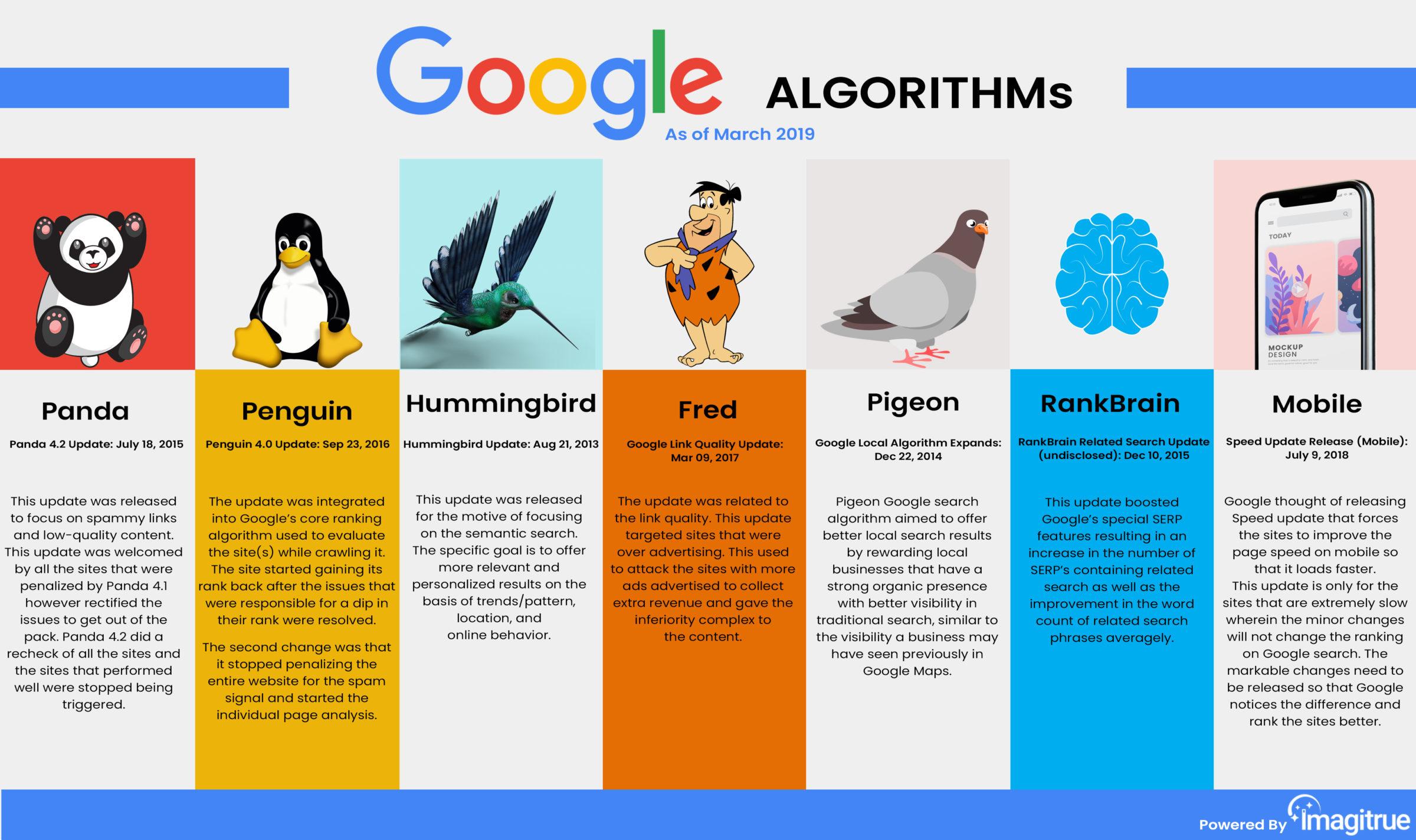
Regular Updates: Staying Ahead in the SEO Game
In the ever-evolving landscape of SEO, keeping your strategies fresh and up-to-date is crucial. Both All in One SEO and Yoast SEO make it easier for you to stay on top of the latest developments in search engine optimization. With features that adapt to the latest algorithms and trends, these plugins ensure your website isn’t just surviving but thriving.
All in One SEO offers seamless integration with social media platforms, allowing you to optimize your content for social shares. This is increasingly important as search engines consider social signals in their ranking algorithms. Its automatic meta tag generation and XML sitemap creation save you valuable time, letting you focus on creating high-quality content.
On the other hand, Yoast SEO provides real-time content analysis, guiding you through the optimization process as you write. With its intuitive readability and SEO analysis tools, you can enhance both the user experience and search engine visibility of your posts. Yoast’s frequent updates also mean that you’re never left behind when search engines shift their focus.
| Feature | All in One SEO | Yoast SEO |
|---|---|---|
| Meta Tag Generation | ✔️ Automatic | ✔️ Manual & Suggested |
| XML Sitemap | ✔️ Built-in | ✔️ Built-in |
| Readability Analysis | ❌ No | ✔️ Yes |
| Social Media Integration | ✔️ Extensive | ✔️ Basic |
Both plugins provide robust support for schema markup, which can significantly enhance how your site appears in search results. Schema helps search engines understand your content contextually, potentially leading to rich snippets that increase click-through rates. This service is vital in a crowded digital environment where standing out is essential.
Moreover, regular updates from both plugins ensure that you can leverage new SEO features as they become available. The development teams behind each plugin are dedicated to staying abreast of industry changes, regularly rolling out updates that include new functionalities and improvements based on user feedback. This means you’re not just purchasing a one-time solution; you’re investing in a continuously evolving tool.
Lastly, consider the community and support surrounding these plugins. Yoast has built a significant community of users and developers, providing a wealth of tutorials, forums, and support resources. Conversely, All in One SEO also offers comprehensive customer support and documentation, ensuring you have assistance whenever you need it. This community backing can be a game-changer when you encounter challenges or need guidance on best practices.
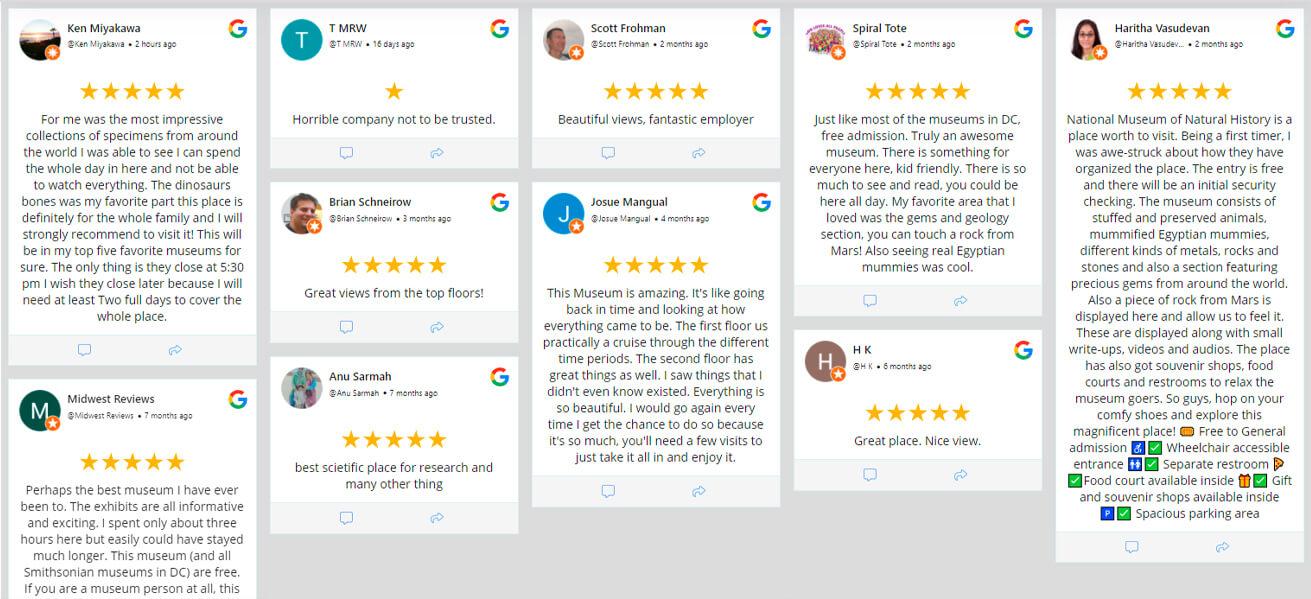
Real User Reviews: What Are People Saying?
When it comes to SEO plugins for WordPress, user experiences can vary widely, and the debate between All in One SEO and Yoast brings out strong opinions. Let’s dive into what actual users are saying about these two giants in the SEO world.
Many users praise All in One SEO for its user-friendly interface and simplicity. New users often describe it as a breath of fresh air, stating:
“I didn’t feel overwhelmed when I first set it up. Everything was straightforward, and the setup wizard was super helpful!”
This sentiment is echoed by those who appreciate the flexibility and customization options that All in One SEO provides, making it a favorite for developers and site owners alike.
On the flip side, users of Yoast SEO frequently highlight the comprehensive features it offers. One user noted:
“Yoast is like having a personal SEO coach. The content analysis tool is a game-changer for optimizing articles.”
Many find the readability and focus keyword analysis essential for creating content that not only ranks well but also engages readers effectively.
Another interesting point raised by users is the support community surrounding both plugins. While All in One SEO users appreciate the responsive customer service, some Yoast fans appreciate the extensive documentation and community forums. Here’s a quick comparison:
| Feature | All in One SEO | Yoast |
|---|---|---|
| User-Friendliness | ⭐️⭐️⭐️⭐️⭐️ | ⭐️⭐️⭐️⭐️ |
| Comprehensive Analysis | ⭐️⭐️⭐️ | ⭐️⭐️⭐️⭐️⭐️ |
| Documentation | ⭐️⭐️⭐️⭐️ | ⭐️⭐️⭐️⭐️⭐️ |
| Support | ⭐️⭐️⭐️⭐️ | ⭐️⭐️⭐️⭐️ |
Interestingly, some users report that they switched from Yoast to All in One SEO due to the latter’s fewer resource demands. One user shared,
“I noticed my site loading faster after I made the switch. It’s less bloated, and I appreciate that!”
This aspect is often highlighted by users who are conscious of site speed and performance, emphasizing that a leaner plugin can lead to significantly better user experience.
Ultimately, both plugins have their loyal fanbases, each catering to different needs and preferences. Whether you prefer the simplicity and speed of All in One SEO or the robust features of Yoast, personal experience seems to dictate the choice. As one user succinctly put it:
“It really depends on what you want from your SEO plugin—both have their strengths!”

Making Your Choice: Which Plugin Suits Your Needs
Choosing the right SEO plugin for your WordPress site can feel overwhelming, especially with two heavyweights like All in One SEO and Yoast competing for your attention. Both plugins offer a range of features designed to enhance your website’s visibility, but they each come with their own unique strengths and weaknesses.
All in One SEO is known for its user-friendly interface and straightforward setup process. If you’re someone who prefers simplicity and efficiency, this plugin might be the ideal choice. It allows you to easily customize your titles and meta descriptions, manage XML sitemaps, and even integrate social media settings without needing to dive deep into technical details. A few key benefits include:
- Essential Features at Your Fingertips: Everything you need is laid out clearly, making navigation a breeze.
- Performance Optimization: The plugin is lightweight and won’t slow down your site.
- Built-in Schema Markup: Helps search engines understand your content better, boosting visibility.
On the other hand, Yoast SEO is often hailed for its in-depth analysis and comprehensive tools. If you want to dive deeper into the world of SEO and make data-driven decisions, Yoast could be your go-to option. It provides extensive guidance through its content analysis feature, which checks your posts and pages for readability and SEO-friendliness. Here are a few reasons why Yoast stands out:
- Content Insights: Offers real-time feedback on your writing style and keyword usage.
- Redirect Manager: Simplifies the process of managing redirects, which is crucial for SEO.
- Regular Updates: Yoast frequently updates its features to keep up with the latest SEO trends.
When making your decision, consider the following factors:
| Feature | All in One SEO | Yoast SEO |
|---|---|---|
| User Interface | Simple and intuitive | More complex with detailed insights |
| Content Analysis | No | Yes, with readability checks |
| Redirects | Basic options | Advanced redirect management |
| Social Media Integration | Good | Excellent with rich previews |
Ultimately, your choice will hinge on your specific needs. If you’re new to SEO or want a straightforward tool to enhance your website’s performance without much fuss, All in One SEO is likely your best bet. However, if you’re looking for more advanced features, detailed analysis, and a robust toolset to refine your SEO strategy, you might find Yoast SEO to be the perfect fit.
Consider taking advantage of the free versions of both plugins to see which one resonates with you more. Each plugin has its own community, support, and resources that can assist you in making the most out of your choice. Remember, the best plugin is the one that aligns with your goals and makes your SEO journey smoother!
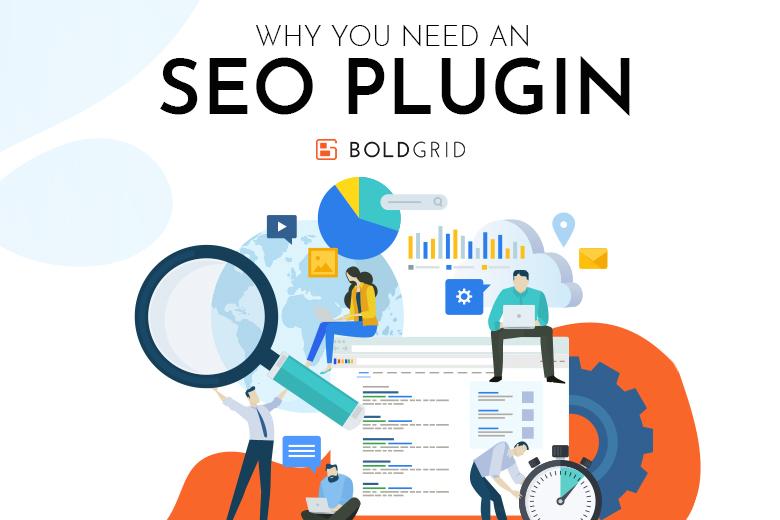
Final Thoughts: The Best Plugin for Your SEO Strategy
When it comes to optimizing your website for search engines, choosing the right plugin can make a world of difference. Both All in One SEO and Yoast offer robust features, but they cater to different user needs and preferences, making the decision a bit challenging.
All in One SEO is often praised for its user-friendly interface and straightforward setup process. It allows beginners to dive into SEO without feeling overwhelmed. Some standout features include:
- Easy Setup Wizard: Get started in no time with a guided setup.
- XML Sitemap Generation: Automatically generate sitemaps to help search engines index your site.
- Social Media Integration: Optimize how your content appears on social platforms.
On the other hand, Yoast has carved out a reputation for its in-depth analysis and advanced features. It’s particularly favored by those who are comfortable with a bit more complexity in exchange for powerful tools. Here’s what makes Yoast stand out:
- Content Analysis: Real-time feedback on readability and keyword usage to enhance your content.
- Redirect Manager: Easily manage redirects to maintain your SEO health.
- Advanced Schema Support: Help search engines understand your content better.
To help you visualize the differences, here’s a comparison table highlighting key features:
| Feature | All in One SEO | Yoast |
|---|---|---|
| User Interface | Simple and intuitive | Detailed and comprehensive |
| Setup Process | Quick Setup Wizard | Step-by-step configuration |
| Content Analysis | Basic insights | In-depth readability and SEO analysis |
| Price | Free and Pro versions available | Free with premium options |
Your choice ultimately depends on your specific needs and level of expertise. If you’re a beginner, the simplicity of All in One SEO might be exactly what you need. However, if you’re looking for a more comprehensive tool that provides detailed insights and controls, Yoast is likely the better fit.
Remember, it’s not just about the plugin you choose, but how you utilize it. Whichever option you opt for, ensure you take the time to explore its features fully. SEO is an ongoing process, and the right plugin can significantly enhance your strategy, driving more traffic and ensuring your content reaches the right audience.
Frequently Asked Questions (FAQ)
Q&A: All in One SEO vs. Yoast – The WordPress SEO Plugin Battle
Q: What’s the main purpose of SEO plugins like All in One SEO and Yoast?
A: Great question! Both All in One SEO and Yoast are designed to help you optimize your WordPress site for search engines. They streamline the process of improving your site’s visibility, making it easier to enhance your content, manage meta tags, and implement best SEO practices without needing to dive into coding.
Q: What are the key features of All in One SEO?
A: All in One SEO is packed with user-friendly features that cater to both beginners and experienced users. Some highlights include automatic meta tag generation, XML sitemap support, social media integration, and the ability to optimize for local SEO. Plus, it offers a straightforward setup wizard that makes getting started a breeze!
Q: How does Yoast stand out in comparison?
A: Yoast is often regarded as the gold standard in SEO plugins and for good reason! Its standout features include real-time content analysis, readability checks, and the ability to set focus keywords. Many users appreciate the detailed feedback you get as you write, helping you make SEO-friendly choices right from the start.
Q: Which plugin is more beginner-friendly?
A: While both plugins are designed to be user-friendly, many users find All in One SEO slightly easier for newcomers. Its setup process is straightforward, and the interface is intuitive. However, Yoast’s extensive tutorials and documentation can help beginners get the hang of SEO concepts effectively.
Q: What about pricing? Are both plugins free?
A: Both All in One SEO and Yoast offer free versions with essential features, but they also have premium options. All in One SEO provides a more budget-friendly premium plan, while Yoast’s premium version comes with additional features like redirect management and multiple focus keywords, though it can be a bit pricier.
Q: How do the two plugins handle technical SEO?
A: Both plugins tackle technical SEO well. All in One SEO simplifies tasks like creating XML sitemaps and managing robots.txt files. Yoast also excels here, offering robust options for technical SEO management. Their premium version includes advanced features like internal linking suggestions, which can be a game-changer for larger sites.
Q: Can I use both plugins on the same site?
A: It’s not recommended to use both plugins simultaneously as they can conflict with each other, leading to potential SEO mishaps. It’s best to choose one based on your specific needs and stick with it to ensure your site runs smoothly.
Q: Which plugin would you recommend for an e-commerce site?
A: For e-commerce sites, both plugins can be effective, but Yoast has additional features tailored for this purpose, such as WooCommerce integration. If you’re running a store and want detailed SEO guidance, Yoast might be your best bet. However, All in One SEO also supports e-commerce features well, so it ultimately depends on your comfort level and specific requirements!
Q: What’s your overall take? Is there a clear winner?
A: It really depends on your needs! If you’re looking for a user-friendly experience with essential features at a lower price, All in One SEO might be your go-to. If you prefer an in-depth analysis of your content and don’t mind spending a bit more for advanced features, then Yoast is likely the better choice. Ultimately, both plugins are powerful tools that can significantly enhance your SEO efforts, so you really can’t go wrong with either!
In Retrospect
choosing between All in One SEO and Yoast is much like picking your favorite tool from a well-stocked toolbox—it really depends on your specific needs and comfort level. Both plugins have their strengths, from All in One SEO’s user-friendly interface and robust features to Yoast’s comprehensive guidance and rich educational resources.
If you’re just starting your journey into the world of SEO, you might appreciate Yoast’s extensive tutorials and in-depth analysis. On the other hand, if you’re looking for a more streamlined approach without sacrificing power, All in One SEO could be your best bet.
Ultimately, the best choice is the one that aligns with your goals, enhances your website’s performance, and makes the optimization process feel less like a chore and more like a fun challenge. We encourage you to try both plugins, explore their features, and see which one resonates with you. After all, the right SEO plugin can not only improve your rankings but also empower you to create content that truly connects with your audience.
Happy optimizing, and may your website soar to new heights!



